Optimal Timing for Waterproofing Services
Waterproofing is a crucial process to prevent water intrusion and protect structures from damage. Proper timing ensures optimal adhesion and effectiveness, reducing the risk of future issues such as leaks, mold, and structural deterioration.
Spring offers moderate temperatures and low humidity, ideal for waterproofing projects. It allows sufficient curing time before summer heat or winter cold.
Warm, dry weather provides optimal conditions for waterproofing application and curing, ensuring durability and long-lasting protection.
Applying waterproofing in fall prepares structures for winter, preventing water penetration during freeze-thaw cycles.
Cold temperatures and increased moisture make winter unsuitable for waterproofing, as materials may not cure properly and could fail prematurely.
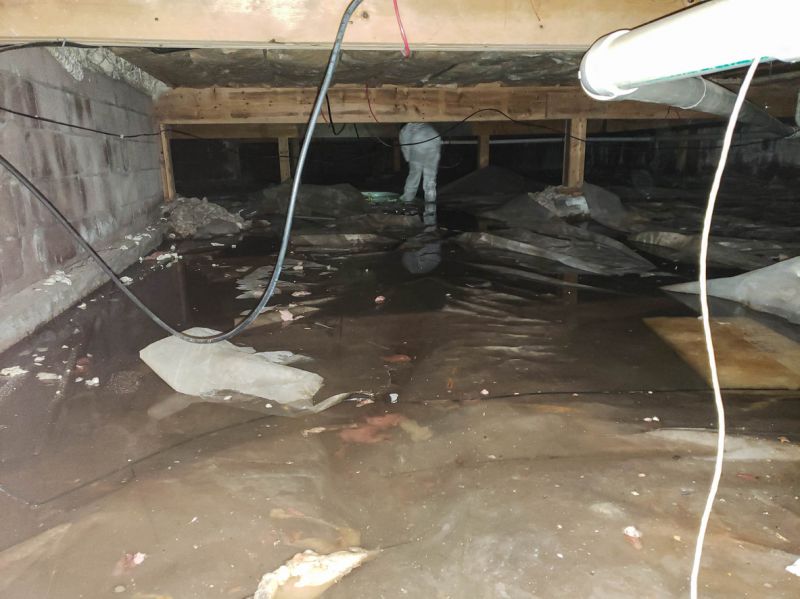
Ways to make Waterproofings work in tight or awkward layouts.
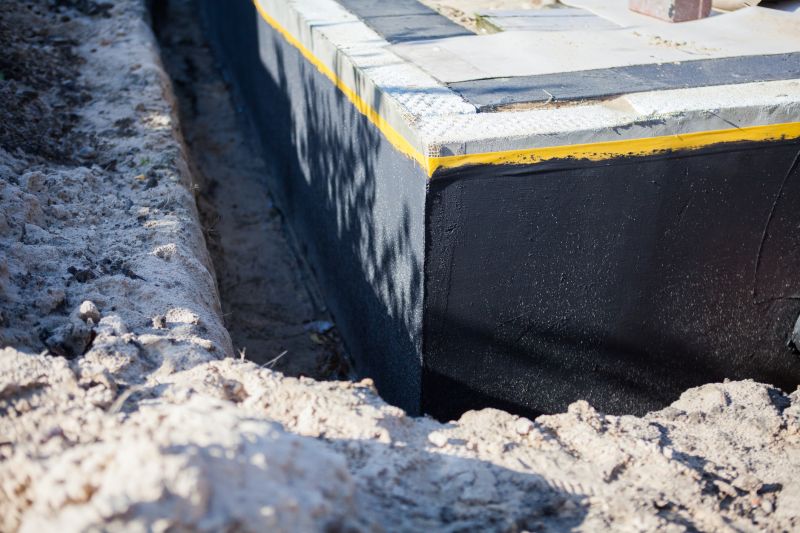
Popular materials for Waterproofings and why they hold up over time.
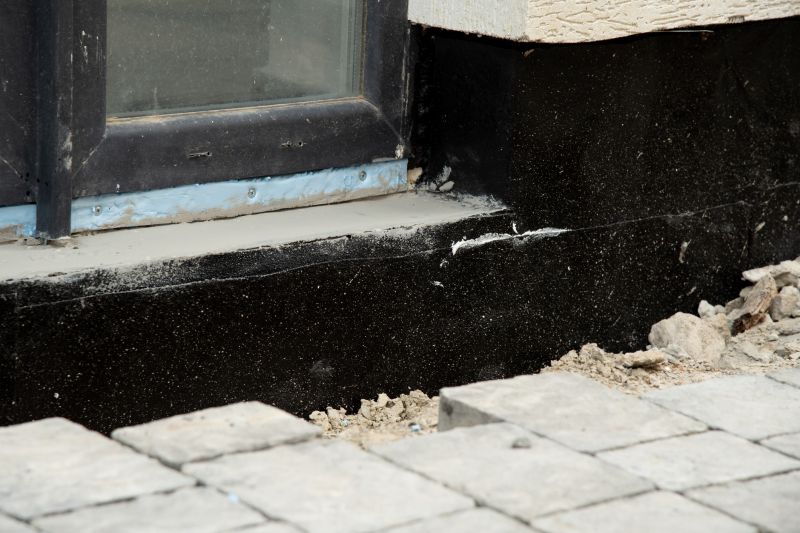
Simple add-ons that improve Waterproofings without blowing the budget.
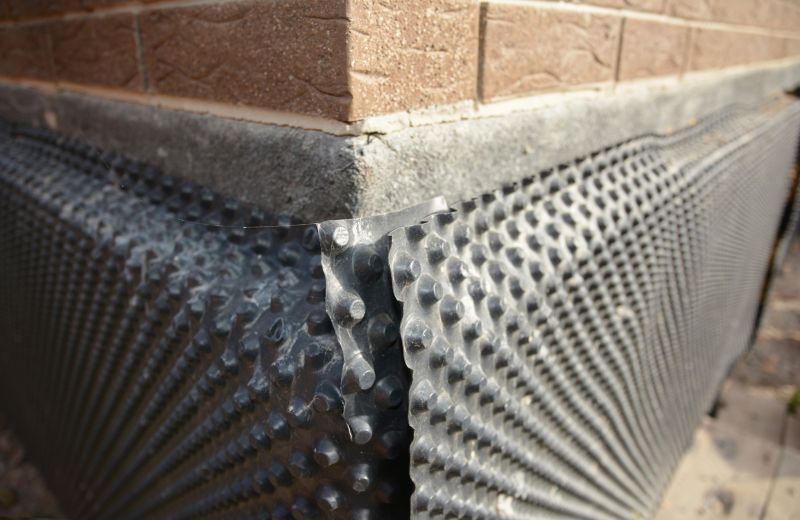
High-end options that actually feel worth it for Waterproofings.
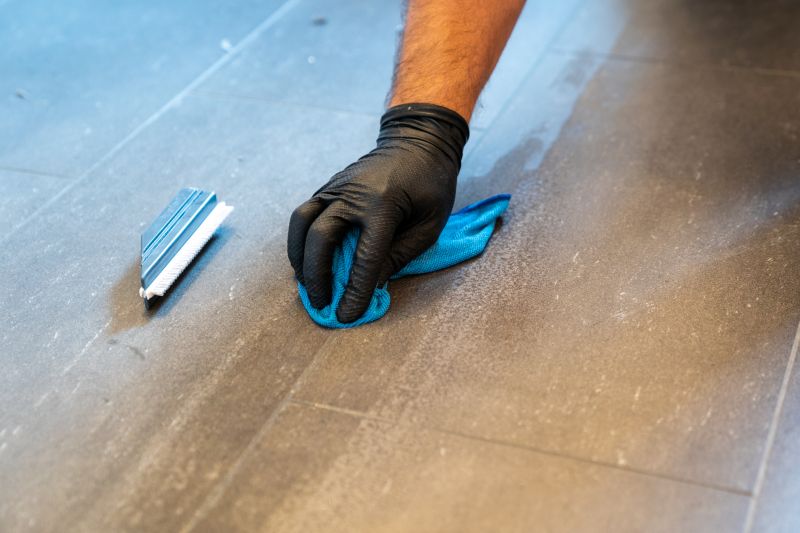
Finishes and colors that play nicely with Waterproofings.
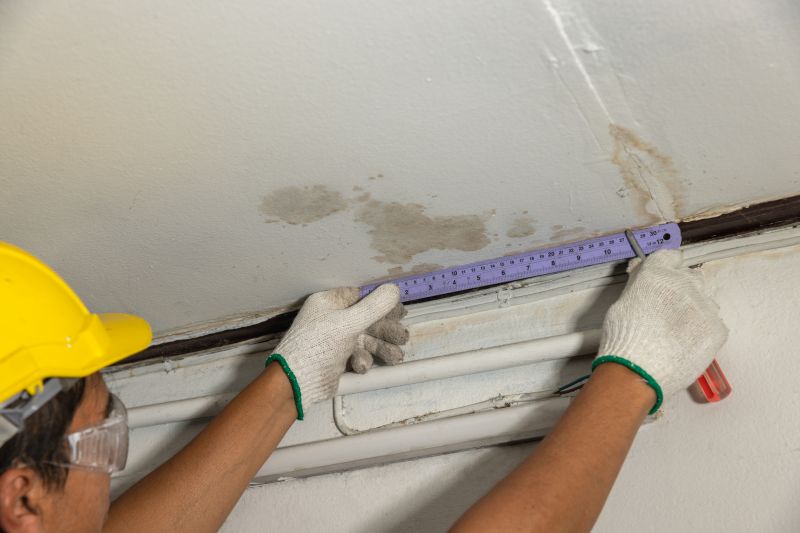
Little measurements that prevent headaches on Waterproofings day.
Waterproofings involve applying specialized materials to protect foundations, roofs, and walls from water penetration. These systems are essential in maintaining structural integrity, especially in regions with significant rainfall or moisture exposure. Properly timed waterproofing projects can extend the lifespan of a building and reduce costly repairs.
| Season | Ideal Conditions |
|---|---|
| Spring | Moderate temperatures, low humidity, good curing conditions |
| Summer | Warm, dry weather promotes optimal application and curing |
| Fall | Prepares structures for winter, prevents freeze-thaw damage |
| Winter | Not recommended due to cold, moisture, and poor curing |
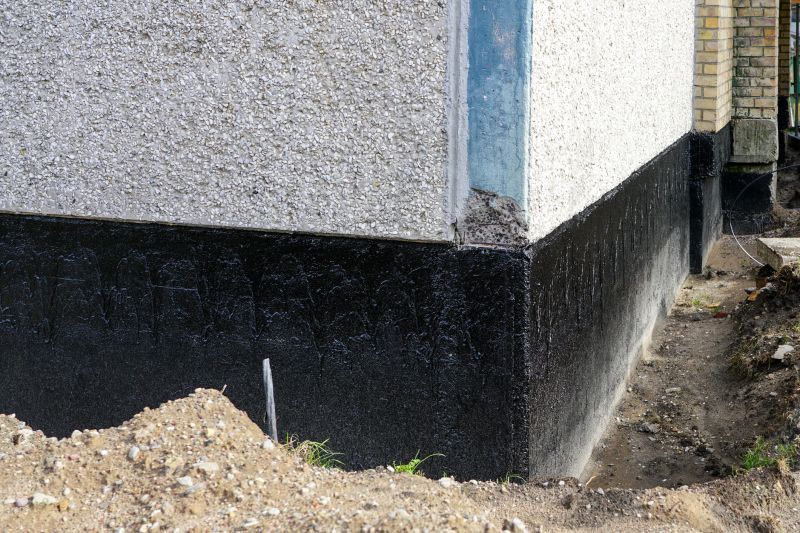
A 60-second routine that keeps Waterproofings looking new.
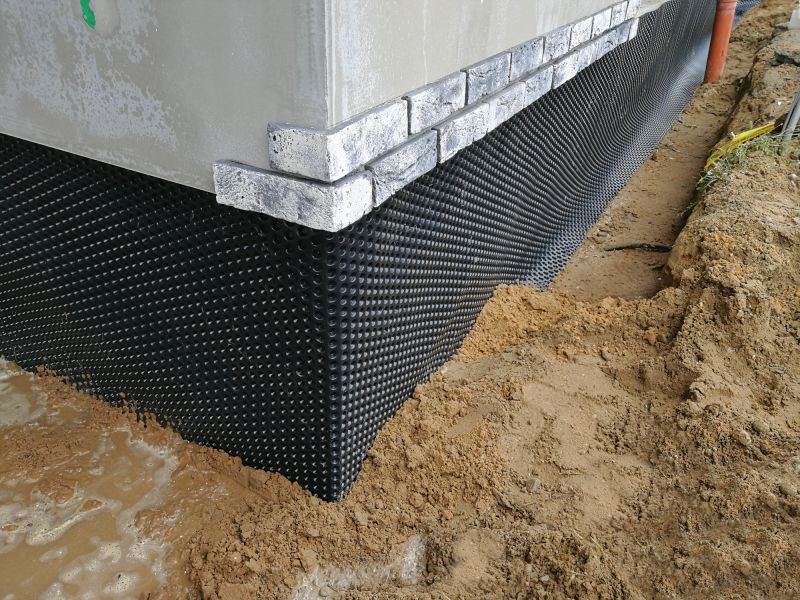
A frequent mistake in Waterproofings and how to dodge it.
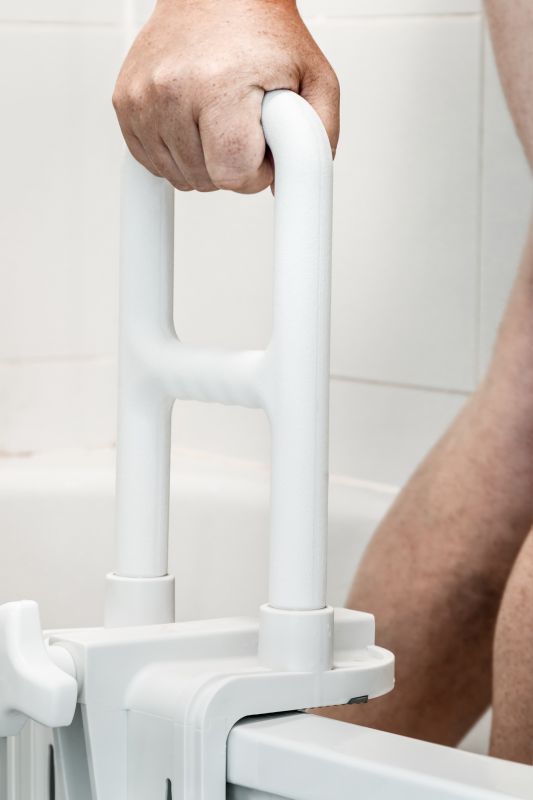
Small tweaks to make Waterproofings safer and easier to use.
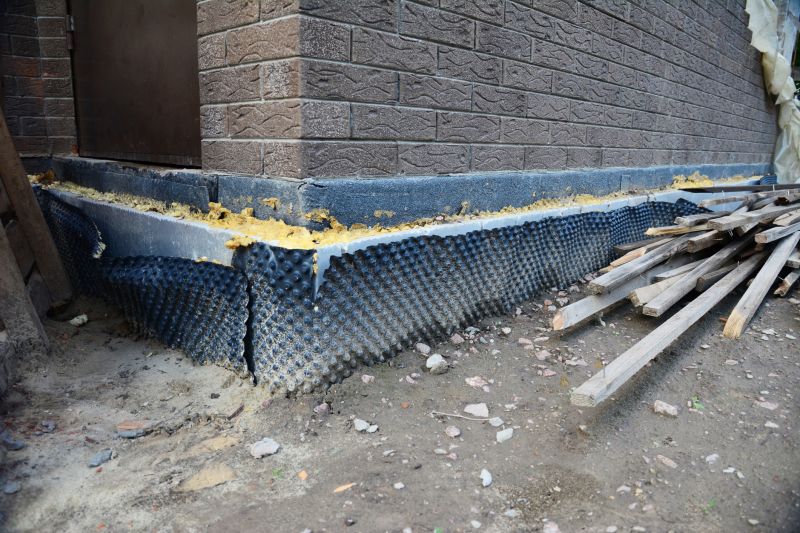
Lower-waste or water-saving choices for Waterproofings.
Choosing the right time for waterproofing depends on local climate conditions and project scope. Proper planning ensures materials cure correctly and provide the desired protection. Consulting with waterproofing specialists can help determine the optimal timing based on specific site requirements.
Interested in waterproofing services? Filling out the contact form can provide detailed information tailored to the property's needs and local climate considerations.


